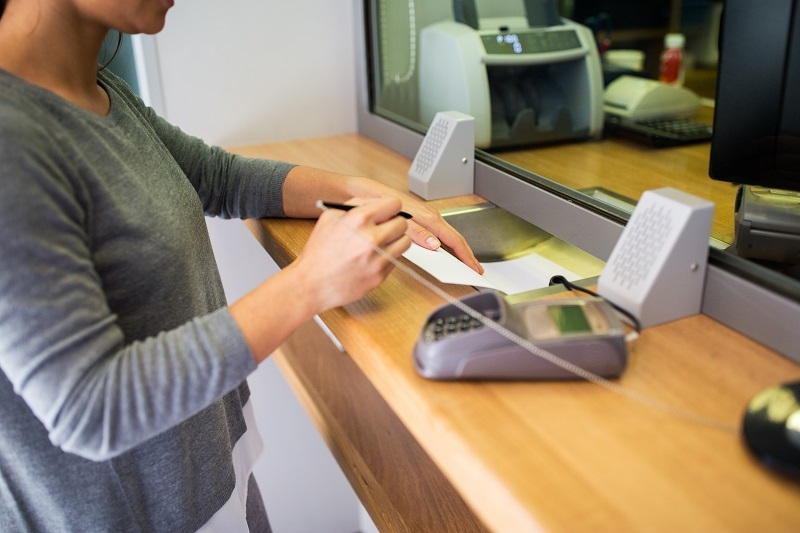Unclaimed Deposit Accounts
Total Views |

Unclaimed deposits refer to funds lying dormant in bank accounts, untouched for an extended period. This can happen for various reasons – perhaps you opened a savings account years ago and forgot about it, or you switched banks and left some money behind. Over time, these dormant accounts accumulate, creating a pool of unclaimed deposits.
The Impact of Unclaimed Deposits
Unclaimed deposits not only impact individuals but also the banking system. For individuals, it means missing out on potential interest earnings, and for banks, managing a growing pool of dormant accounts becomes a challenge. However, the good news is that steps can be taken to reunite individuals with their unclaimed funds.
How to Reclaim Unclaimed Deposits
Check with the Bank: Start by reaching out to your bank. They often have procedures in place for handling unclaimed deposits. Provide necessary identification and account details to initiate the reclaiming process.
Use Unclaimed Property Databases: Many countries and states maintain unclaimed property databases where you can search for your name. These databases list unclaimed funds from various sources, including banks.
Contact Previous Banks: If you've switched banks, it's worth checking with your previous bank(s) to ensure no funds were left behind. Provide the necessary information to inquire about unclaimed deposits.
Preventing Unclaimed Deposits
Stay Informed: Keep track of your accounts and financial statements. Regularly check in on your dormant accounts to prevent them from becoming unclaimed.
Update Contact Information: Inform your bank promptly if you change your address or contact details. This ensures you receive important notifications about your accounts.
Consolidate Accounts: If you have multiple accounts across different banks, consider consolidating them. Fewer accounts make it easier to keep track and manage your finances.

